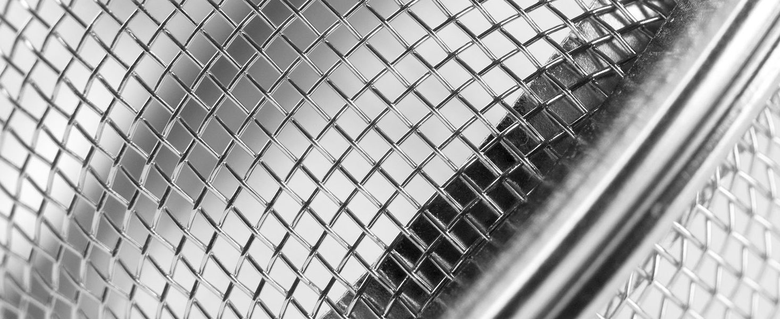Expanded metal is a multifunctional sheet metal, which is widely used for industrial and decorative purposes. It is best known for its sturdy and durable features, better airflow and drainage. This type of metal is produced by the zigzag cutting of a metal sheet with the help of special equipment resulting in a mesh for forming a diamond hexagonal or rhomboid-shaped hole. These expanded metal JIS Standard are available in special patterns, in different gauge sizes, thicknesses, and multiple designs of the netting. Normally, various types of metals can be expanded. Starring from steel, stainless plate, copper, aluminum, nickel, or titan plate, and their alloy sheets are also utilized to manufacture an expanded metal.
Features of Expanded Metal
- The Mesh of the expanded metal is uniform and does not elongate.
- The light and rigid meshes are strong against impact.
- Handling and execution are very simple, slip
- Stopping is high, and easy execution is economical,
- Assisted by good daylighting and ventilation.
Application of Expanded Metal
In recent years, expanded metals have been used in a wide variety of fields.
- Electric devices
- Acoustic equipment
- Firing Trays
- Automobiles
- Machine covers
- Vessels
- Windows lattices, partitions
- Side road protection, roads, building infrastructure, and construction projects
- Facade decorations
- Household equipment, including shelves, birdcages, and flower stands.
Benefits of Expanded Metal
Today more people get attracted to expanded metals. Here a list of several benefits you can expect by using expanded metal:
- Economical: A small quantity of raw material can be enlarged into a large sheet and used for various purposes. You can expect less time, money, and labor on welding.
- Efficient manufacturing: you can expect very little waste when producing and processing expanded metal meshwork.
- Good conductor of Electricity: Usually, expanded metal JIS Standard is a single piece. That’s why it will be an excellent conductor of heat, electricity, and magnetic flux.
- Protective support: Manufacturers combine expanded metal meshes with concrete, glass, and other elements for increased strength.
- Higher capacity: Expanded metals can support higher weight and resist better than netted metals or jointed weld metals.
- Lightweight: Expanded metals are lighter than conventional metal sheets.
- Easy air circulation: Expanded metal allows natural light, water, and air to pass freely.
- Aural properties: Specially produced meshes can improve acoustics features and allow soundproofing.
Japanese Industrial Standard (JIS) Expanded Metal including XG expanded metal, XS-expanded metal, S style expanded metal, and G style expanded metal. These metals are commonly used in mining, construction, civil engineering, and industrial purposes.


